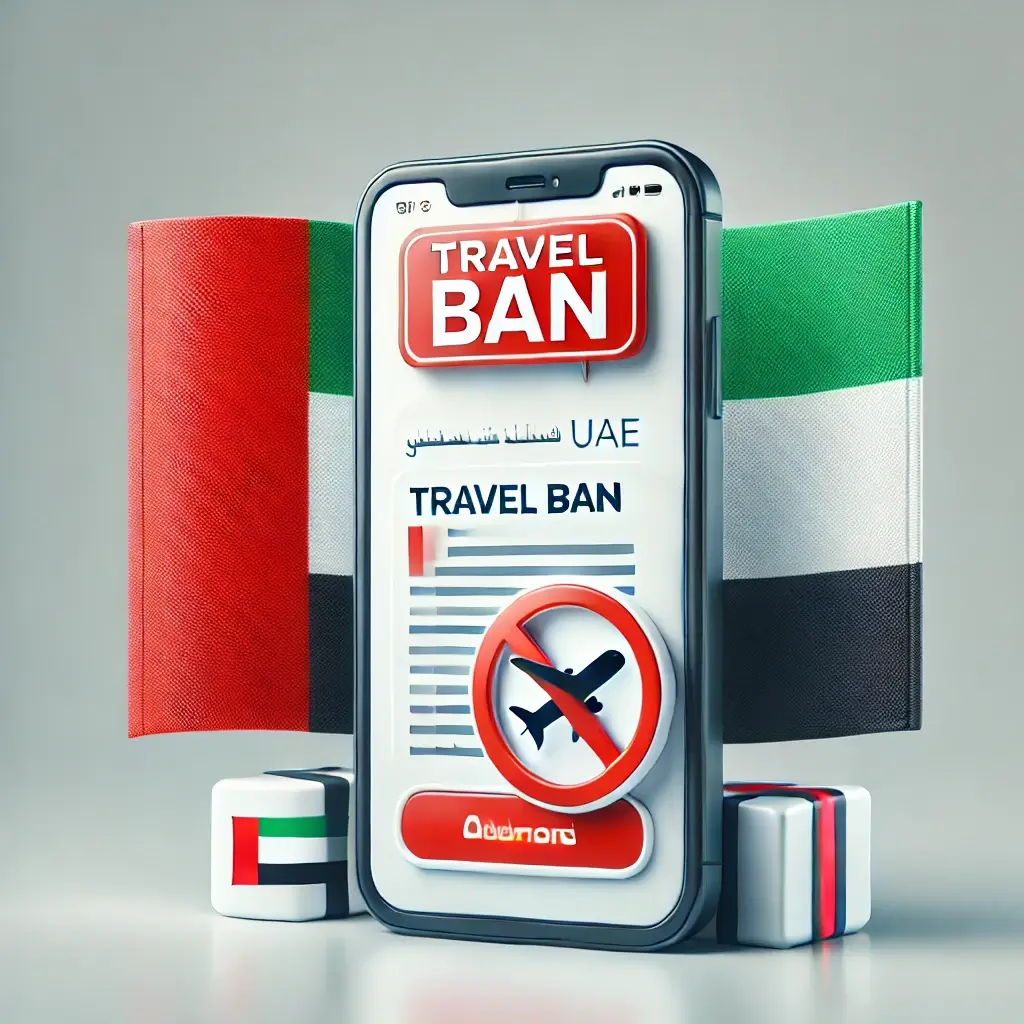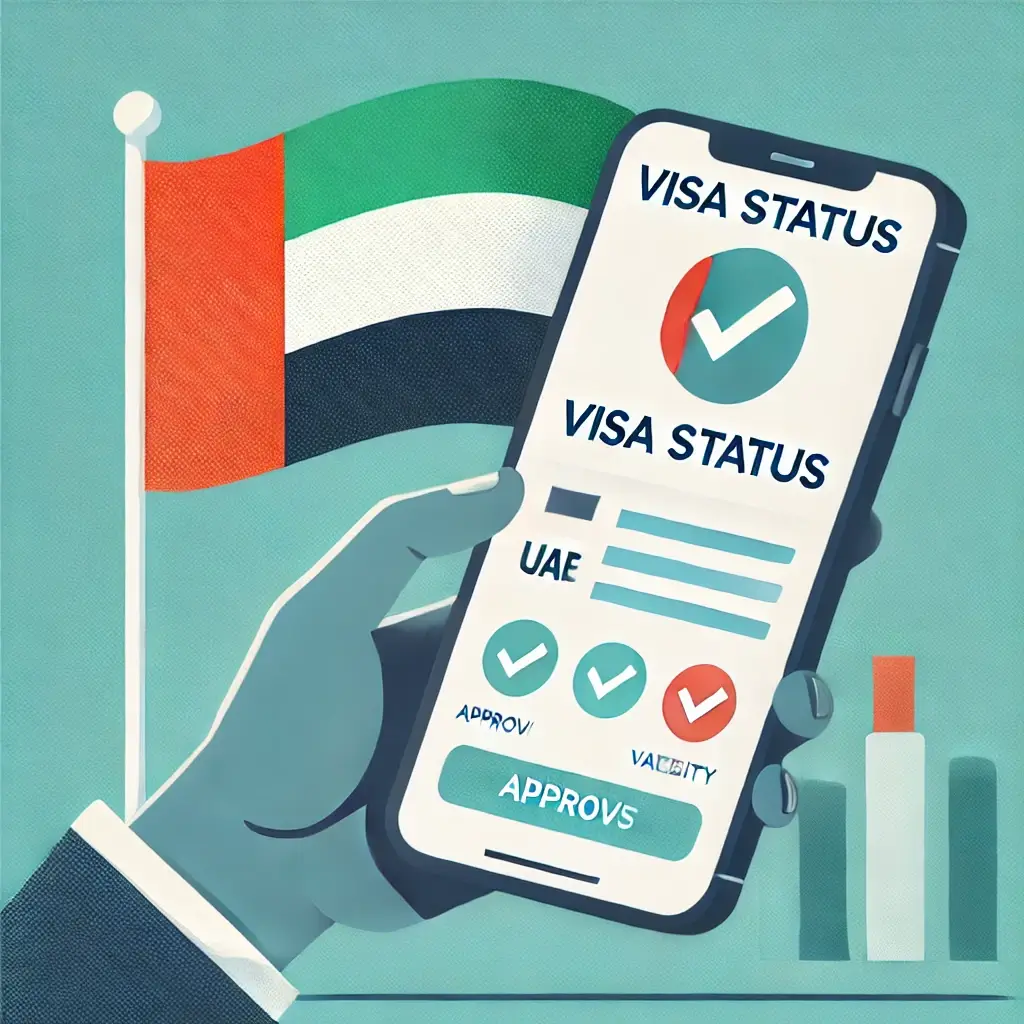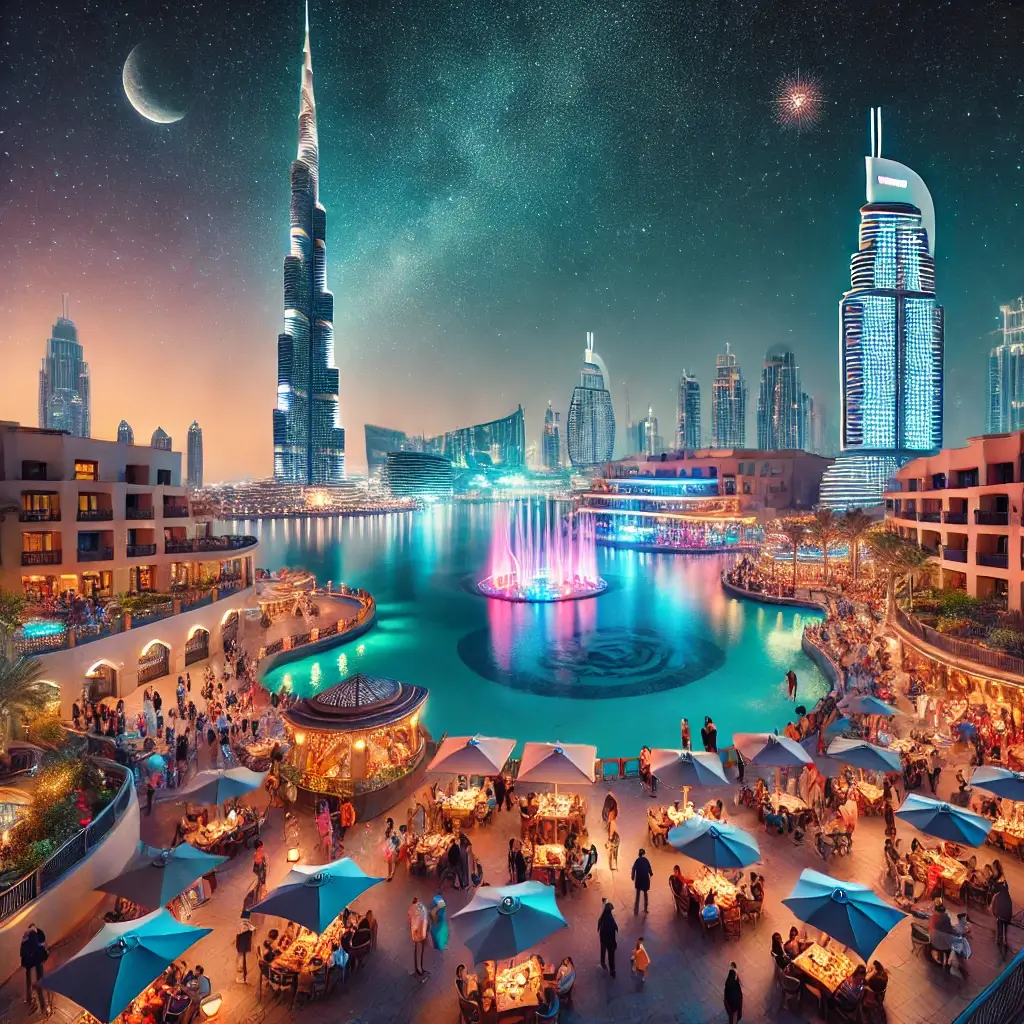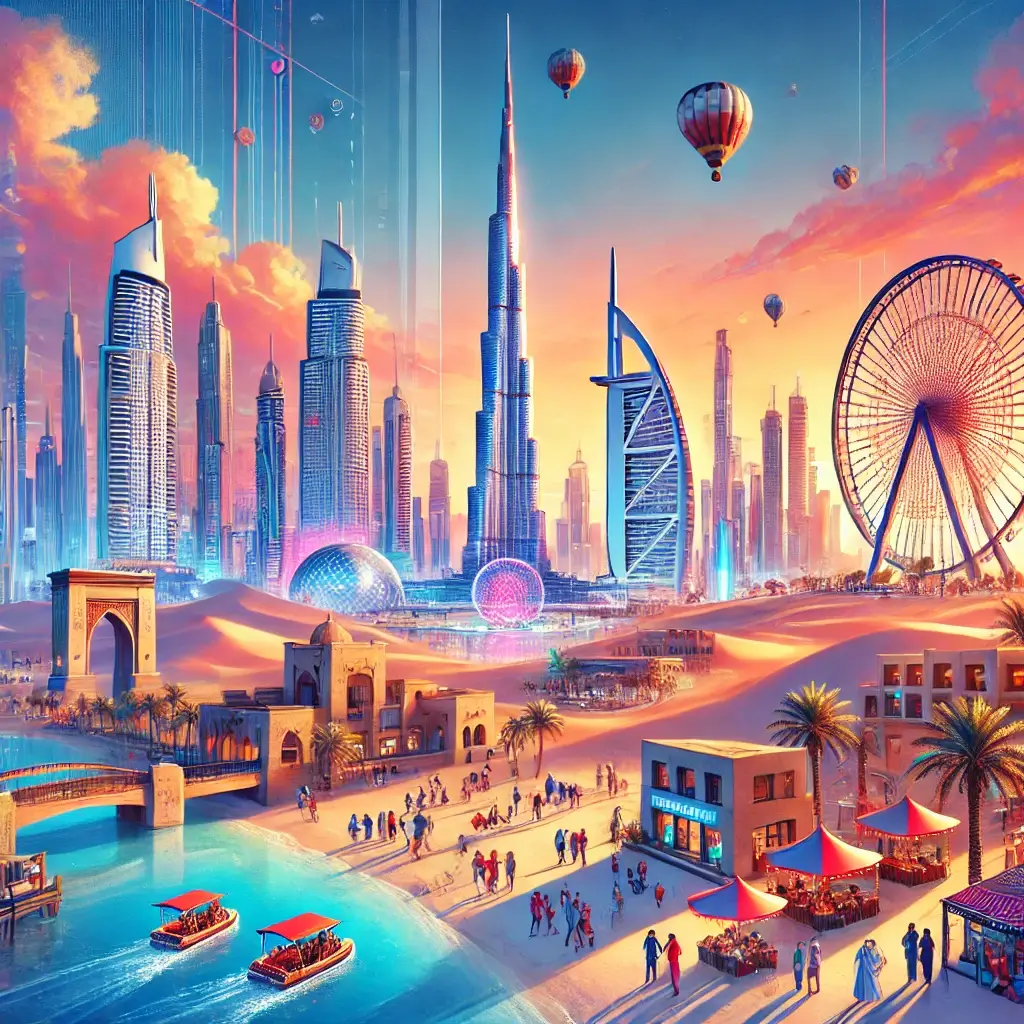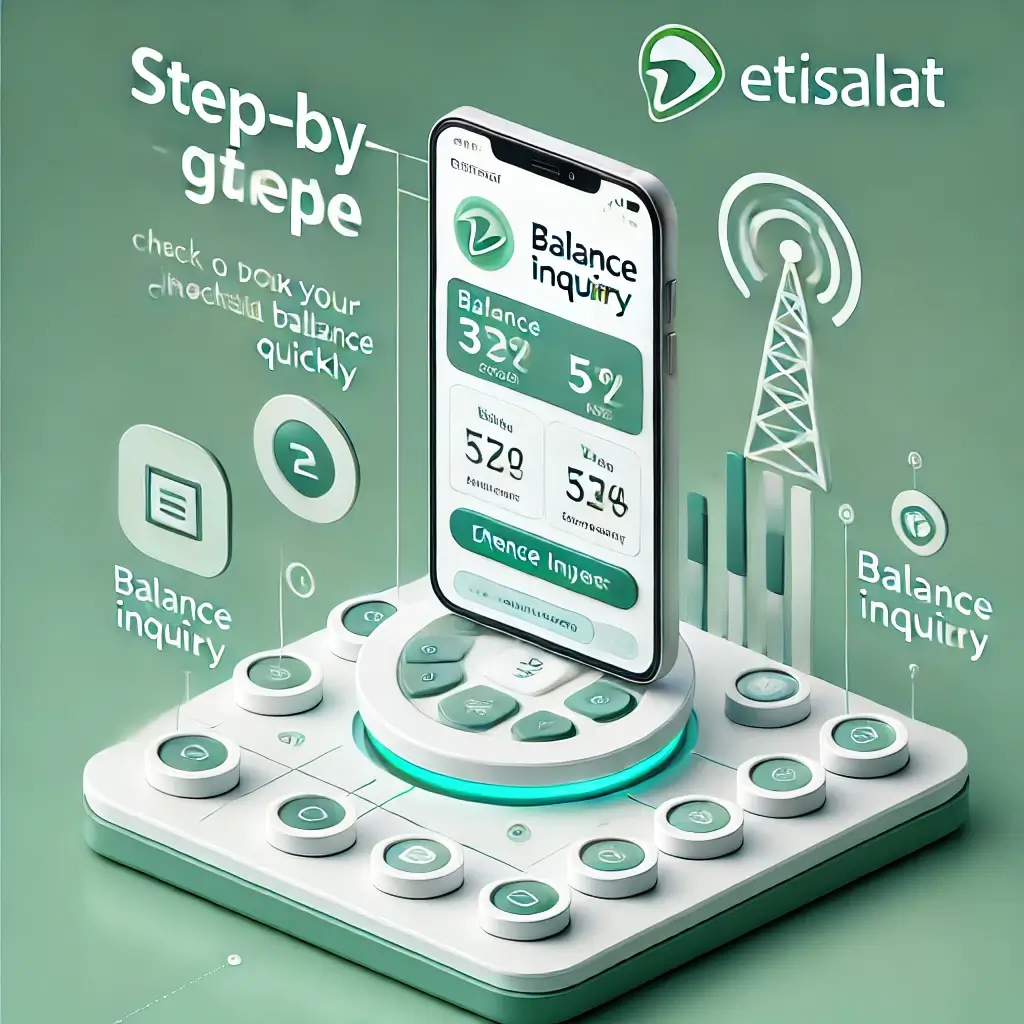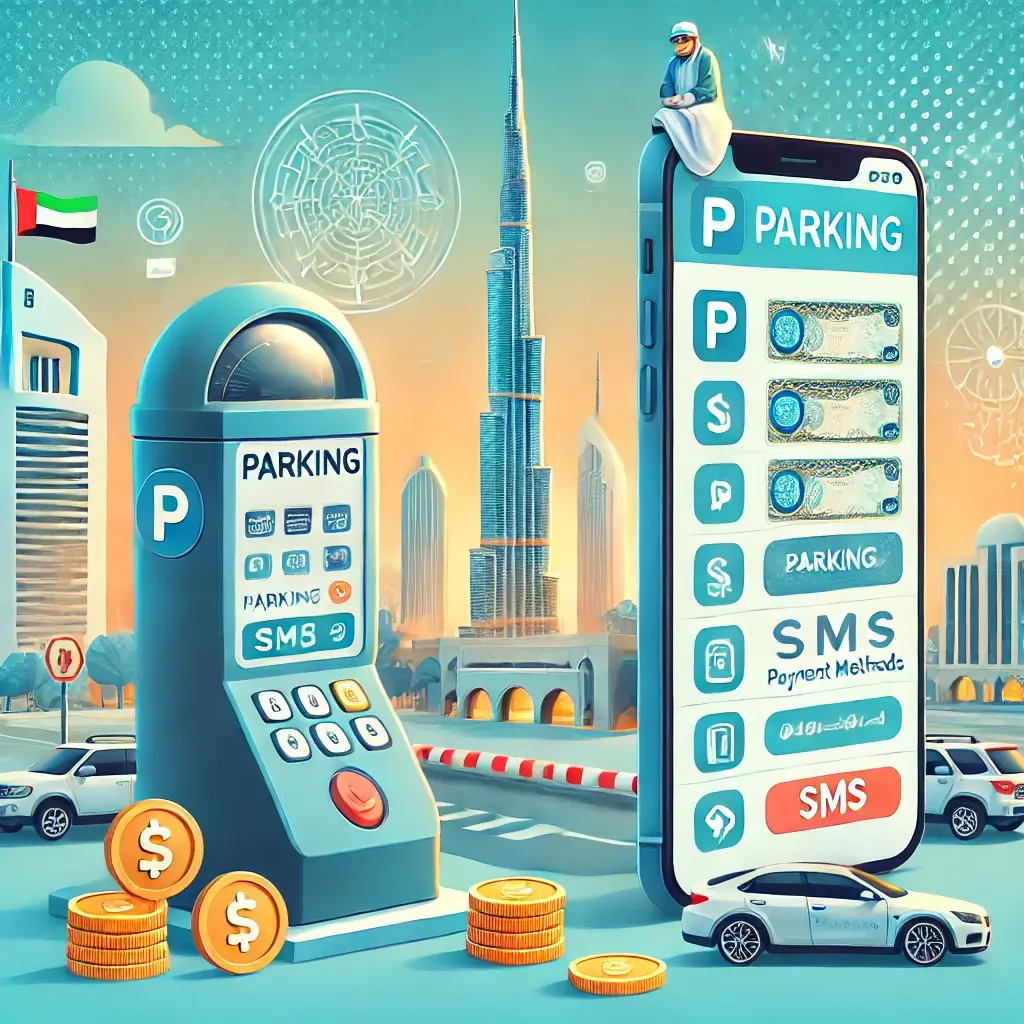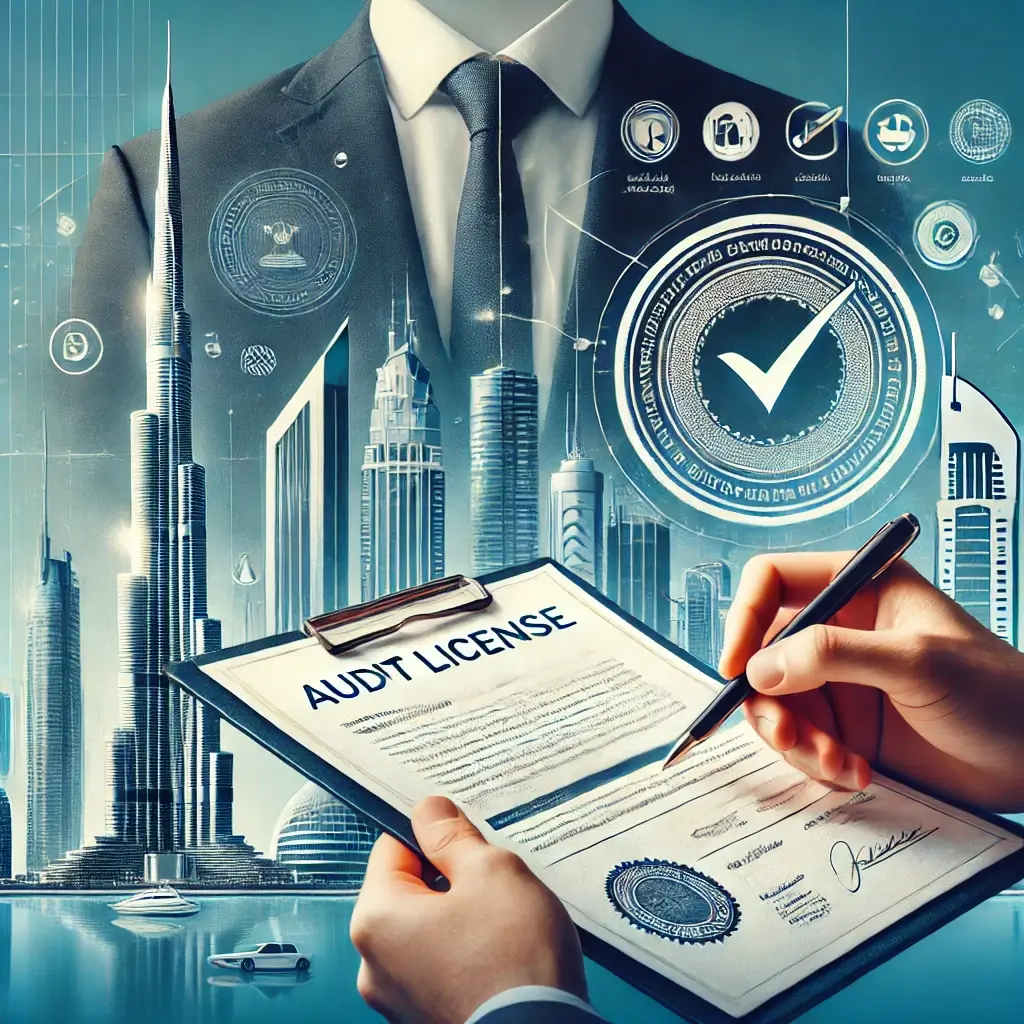The travel ban is one of the major issues which residents in the UAE may face. Knowing how to check travel ban in UAE is one of the key elements to ensure a trouble-free travel plan. Whether you face financial obligations or ongoing legal cases, knowing where you stand may save you from unwanted disruptions at immigration checkpoints. This guide thus brings step-by-step procedures on how to check travel ban in UAE. Also, the same paper will tell what you should do if you fall on this list.
Understanding Travel Bans in the UAE
Travel bans in the UAE are restrictions on entry and exit of people into or out of the country. There are many reasons why such bans exist. Knowing them is an essential source of rectification. The most common causes for travel bans include:
- Unsettled debts: credit card debt, loans among other unpaid accountable financial commitments.
- Legal cases: It can be active investigations or pending lawsuits against your name
- Immigration case: Regarding visa overstay, employment with no valid work permit, or other immigration infractions.
Travel Ban can severely restrain your travel abilities. If you suspect a travel ban is issued against you then take immediate action to clear the status. The implications may be as light as missing flights to severe legal issues for years
Why check travel ban in UAE
This is essential to do before planning any trip. Many residents are not aware of their status until they encounter complications at the airport. Being under a travel ban can cause them the following:
- Missed flights: A travel ban cannot be resolved till the last minute, which causes so much inconvenience.
- Further legal cases: Unresolved issues from a travel ban can cause more complications with the law.
- Financial penalties: Late payments will attract interest or additional fees.
By checking your status in advance, you can:
- Avoid last-minute surprises.
- Resolve outstanding issues promptly.
- Travel with peace of mind.
Therefore, you should check travel ban in UAE, if you are subjected to one, before traveling. You should do so in case you suspect one or more legal or financial issues.
Methods to Check for a Travel Ban
There are a number of efficient ways to check travel ban in UAE. Here are the main ones:
Dubai Police Services
The Dubai Police has an online facility that you can use to check your status. The service is free of cost and very user-friendly. You can check travel ban in UAE, online like this:
You will need to access the Dubai Police website or download their app from Appstore or Google Play.
Click on “Services”
Then on “Criminal Status of Financial Cases.”
Input your Emirates ID number and complete the CAPTCHA verification
Click Search to see your status
This will provide you with immediate results. It can be accessed at any point in time, and this is convenient for all
Abu Dhabi Judicial Department (Estafser Service)
The Estafser service is available for Abu Dhabi residents. It facilitates a search on legal claims pending against someone’s name. This is very useful to know if someone has any pending case against him, and this too will further lead to a travel ban.
How to apply Estafser:
Go to the website of Abu Dhabi Judicial Department.
Enter your UID and verify by CAPTCHA.
Click on “Search” to check your status.
This way, the residents of Abu Dhabi come to know if they have any cases in Court pending against them or not.
UAE Public Prosecution Inquiry
To get an in-depth inquiry, you may approach the Public Prosecution in UAE. This is another way through which you confirm your status in regards to your travel ban.
Steps to check through Public Prosecution:
Surf the web for the UAE Public Prosecution.
Input a travel ban inquiry.
Fill in your Emirates ID or case reference number.
This is a crucial step for anyone who intends to have his or her travel plans safe and sound.
In-Person Inquiry
Go to any police station where an in-person inquiry can be carried out.
If you would like a more personal approach, you can go into one of the police stations with your details and ask them to check on the status of your travel ban. This can be accessed at either the Dubai or Abu Dhabi police stations. In this case, you should expect a wait; in some cases, it might be longer than if you check online.
Required Information for Checking Travel Ban Status
In order to check the status of your travel ban, you are going to require a few pieces of information. These generally include:
- Your Emirates ID number.
- Your Unified Number (UID) if accessing through Abu Dhabi services.
- Any other personal identification information that will be useful including your full names and date of birth.
Preparing such information will make the process so efficient and accurate. Ensure to check that all the information is correct in order not to encounter any hitch in acquiring the status.
What to Do If You Have a Travel Ban
You can act at once if ever you were subjected to a travel ban. Here is how to go about it:
Know the Reason: Learn first why the travel ban had been issued. This may be for several cases against you such as unpaid debts, etc.
Clear Financial Issues: If the ban is over unpaid debts, reconcile with creditors over the issue. In most cases, clearing such financial obligations leads to having the ban lifted.
Seek Legal Counsel: If the travel ban is of a legal nature, consult a lawyer. A lawyer can enlighten you on how to react to the issue and also navigate the legal system efficiently. A lawyer can be vital in getting to know your rights and responsibilities.
Contact authorities: A person should contact the correct authority to make the case of prohibition clear. It can be the police or the Public Prosecution. Ensure that you are well-prepared with all your documents in case there is a requirement to be shown by the concerned authority.
Documentation at your help: Ensure you are equipped with all necessary documents, such as an Emirates ID, along with the relevant documents related to the ban. Documentations will back you and help to solve the case.
Stay Updated: You need to keep on consulting your status even after solving your problem. Sometimes, it will take a little time before the system post the changes.
These will give you the ability to have an immediate response to problems. This way, you can continue with your travel arrangements, without more hassle.
Conclusion
Knowing the right way to check travel ban in UAE helps people who plan to travel. Knowing the reasons that could lead to a travel ban against you can prevent nasty surprises while knowing the methods available to check your status will save you a lot of trouble. Check by contacting the Dubai police, Abu Dhabi judicial department, and UAE Public Prosecution services.
Check your travel ban status way in advance. Outstanding matters relevant to the intended travel plan must be addressed promptly to ensure the smoothness of such a plan. Your travel plans will be enjoyable if you make that happen, and staying informed is the first step in making that happen.
